"Where to escape to, when silence is disappearing? Perhaps noise music highlights how people are too accepting of the damage and social alienation that the daily exposure to noise is producing. Are we all barbarians for living with noise that would have driven our forbears crazy?"
0 Comments
Dan Deacon has released his stellar soundtrack for Time Trial with a limited edition vinyl, available here. It's a fantastic piece of work and I can vividly remember the excitement in the editing suite when we received the first tracks to hear everything come together so perfectly in tandem with the images. Relix describes it as "a study in expressing human fragility and fallibility with machines, like the best of Brian Eno’s ambient works". Accompanying the release, I edited a music video for the track 'The Breakaway', which was a blast to work on and an interesting way of reshaping footage I'd grown accustomed to into something new and exciting. It also happens to be the first music video I've ever worked on. This article was originally published in Litro magazine issue 151 - Adrenaline How do you get from the tritone as "the devil in music" to an audience facing a wall of white noise with smiles on their faces? “It's amazing, really, how little sound comes out of something you're smashing with all your might” 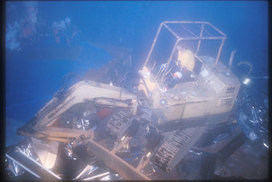 Eye on the bulldozer, photo by GinSatoh Eye on the bulldozer, photo by GinSatoh The adventurous Noizu fans who came to see crackpot noise-makers Hanatarashi (meaning snot-nosed) at Tokyo's Toritsu Kasei Super Loft on August 4th 1985 expected a raucous show. What they didn't expect was a ferocious performance of industrial-grade destruction with a back-hoe bulldozer as the lead instrument. Handed waivers upon arrival that relieved the band of any responsibility for injury, or worse, the audience watched as frontman and HDV operator Yamatsuka Eye burst through the doors of the hall atop the bulldozer. With percussionist Ikuo Taketani somewhat safely tucked away in the corner, Eye tore through the stage and inflicted brutal punishment on everything nearby, including the literal kitchen sink, while screaming the band's trademark scatological and sexual non-sequitur lyrics. The beleaguered bulldozer held out until Eye put the hoe into the wall. The dozer tipped backwards and gave out, but after pulling off the dozer's cage to hurl across the stage and grabbing a circular saw, the destruction continued with the audience now nervously dodging Eye's fitful saw swings. Surrounded by bent metal, crumbled masonry and the squawking remains of Marshall stacks, with gasoline pouring from the ruined bulldozer, Eye produced, as his grand finale, a molotov cocktail that he'd prepared earlier. This was a touch too dangerous for even this daredevil audience and Eye, confessing later in an interview for Banana Fish Magazine that he got “too excited”, had to be violently subdued by several members of the crowd. Riots for Stravinsky and cheers for Hanatarashi. How do you get from the tritone as “the devil in music” to an audience facing a wall of white noise with smiles on their faces?
“It’s amazing, really, how little sound comes out of something you’re smashing with all your might” – Yamatsuka Eye The adventurous Noizu fans who came to see crackpot noise-makers Hanatarashi (meaning snot-nosed) at Tokyo’s Toritsu Kasei Super Loft on August 4th 1985 expected a raucous show. What they didn’t expect was a ferocious performance of industrial-grade destruction, with a back-hoe bulldozer as the lead instrument. Handed waivers upon arrival that relieved the band of any responsibility for injury, or worse, the audience watched as frontman and HDV operator Yamatsuka Eye burst through the doors of the hall atop the bulldozer. Read more at Litro  Produced a promo for Hebrides Ensemble's upcoming concert series marking the centenary of the First World War. Details of the concerts can be found here. Hebrides Ensemble marks the centenary of the outbreak of World War 1 with a programme commemorating that era and its recurring themes of tragedy, loss, demoralisation, defiance and hope. Together, the pieces reflect the pre-war order and passion that turned to violent turmoil, and challenged our deepest human values. Baritone Marcus Farnsworth joins Hebrides Ensemble for the centrepiece of the programme, George Butterworth’s achingly beautiful A Shropshire Lad, which juxtaposes rural idyll with the tragic premonition of loss, especially in the famous The Lads in their Hundreds. American composer Ned Rorem’s War Scenes frame the programme with Walt Whitman’s more explicit experience of the futility of an earlier war, the American Civil War, whilst Stuart MacRae sets Wilfred Owen’s The Parable of the Old Men and the Young in a new work specially commissioned by Hebrides Ensemble. Extra Life have decided to call it quits. A great shame as they were one of the most unique and exciting bands around, equal parts intellectual technique and savage uproar. They leave a solid catalogue of great work though, all available on Bandcamp. Third - and now sadly last - LP Dream Seeds was released in April of last year. Below is the track Ripped Heart, a personal favourite from the EP of the same name. It defines the band pretty well: complicated arrangements of classical music theory/stadium rock collage that swerve unnervingly quickly from delicate to violent. Weed and war protest are still distasteful to the upper crust of France, but not enough to scupper the honouring of Bob Dylan. Despite fuss over his past, Dylan is to receive his Legion d'Honneur award today, securing him in the lofty ranks of the drug-free Miles Davis and Stonewall supporter Vladimir Putin as foreigners deemed worthy of French state praise. Dylan was originally proposed the honour on the 50th anniversary of The Freewheelin' Bob Dylan, but there was worry about whether Blowin' in the Wind was a vile ode to peace from pinko scum or merely a fun ditty about meteorological awareness. Anyway, a more important anniversary is that this month marks ten years since the last U.S. Maple album, Purple On Time. To wrap things with a bow, Purple On Time features a great - surprisingly straight - cover of Dylan's Lay Lady Lay. Funny how things work out. "The fucking pubs are fucking dull The fucking clubs are fucking full" Pub punk from Splodgenessabounds about the difficulty of getting them in before the bell. Oi! doesn't get you anywhere, apart from maybe Top of the Pops. Keep it civil. Leaning over with your elbows out on the bar makes you seem pushy, but you don't want a sidler to skip in. Just calmly try and catch the eye. And don't wave your money, for god's sake, it's not the races.
Formed in Peckham, The Splodges supposedly won the Melody Maker band competition in 1976 by appearing naked apart from cardboard boxes on their heads. This track was their debut single, released in 1980 with a parody of the theme for Return of the Saint and Michael Booth's Talking Bum as b-sides. It reached #7 in the charts and is now tragically best known as the basis for the title of a humourless 'sitcom'. Not to be confused with the Canterbury scene prog band of the same name. Relaxing, cheerful UK folktronica in the vein of I Am Robot and Proud. Hypnotic flow of skittering beats over mellow loops of harps, soft piano, strings, bells and other dulcet tones. The whole Flicker and Fade EP is pay-what-you-want at Bandcamp. The best promotion of the continuing power of punk is how much Ayatollahs hate it. Shaytan has all the best tunes. ***UPDATE 12/11/13*** Two members of Yellow Dogs, drummer Arash Farazmand and guitarist Soroush Farazmand, were tragically killed in a shooting on the morning of the 11th. If you like the band then perhaps, in honour of those two, you would like to learn more about or support one of the groups that help Iranian refugees, political prisoners and/or fight for human rights reform in Iran, such as the ICHRI, Amnesty and the CDHR.
Bahman Ghobadi's drama No One Knows About Persian Cats is set in the underground rock scene of Tehran. The underground scene in Iran is no joke, prison and the lash can be expected for your troubles. Music as a whole isn't considered very favourably within the official strictures of the Islamic Republic, western music less so, and punk is essentially an enemy of the state. "Although music is halal, promoting and teaching it is not compatible with the highest values of the sacred regime of the Islamic Republic," said the Supreme Killjoy, Ayatollah Ali Khamenei, in 2010. This was in response to a question about classical Persian music lessons from a devout follower, the Ayatollah's answer to those looking to express themselves through rock music is decidedly less gracious. On August 16th, police raided the concert of Iranian metal band Dawn of Rage and arrested 200 fans, stripping some to look for "satanic symbols", despite permits being sought and received through the Ministry of Culture. Many bands that make music outside of the approved system, such as The Yellow Dogs featured in the film, are forced to flee or accept the full force of the government oppression when their popularity makes continuing underground impossible. However, the sheer mass of internet savvy youth and illegal satellite dishes in Iran mean they still have an impact. Before Khamenei, at the birth of the Islamic Revolution in 1979, Ayatollah Ruhollah Khomeini declared music to be "a drug" and proceeded to ban all types of music, instruments and music schools. "We must completely eliminate [music]," Khomeini told the Kayhan newspaper after the revolution. Despite the Ayatollah's outrage, the Qurān does not categorically condemn music. Khomeini's position was a traditionalist, reactionary interpretation based largely on the hadith. Often the conservative rulebook would dip into the bizarre, such as the decree that made chess haram until 1988; the pollution of idols, see? In the 1980's, the Ministry of Culture and Islamic Guidance (MCIG) was charged with overseeing the production of music, first producing firm guidelines and then consolidating and unifying regulation and censorship in 1987 in line with post-revolutionary values. Musical instruments were only deemed acceptable for sale in 1989, when Khomeini relented on some of his absurd decrees shortly before his death. Despite gradual loosening of the rules for Persian traditional, western classical and pop music since then, only 20 percent of the music produced in Iran today is met by approval from the MCIG. Women in particular struggle under ridiculous rules; female singers can largely only accompany a male, not be the the lead or sing solo. |
Archives
November 2023
Categories
All
LinksWriting
Art & Design Science Music Film All contributions by Kieran Gosney unless otherwise stated.
© Kieran Gosney and kierangosney.com, 2013. Unauthorized use and/or duplication of this material without express and written permission from this blog’s author and/or owner is strictly prohibited. Excerpts and links may be used, provided that full and clear credit is given to Kieran Gosney and kierangosney.com with appropriate and specific direction to the original content.
|
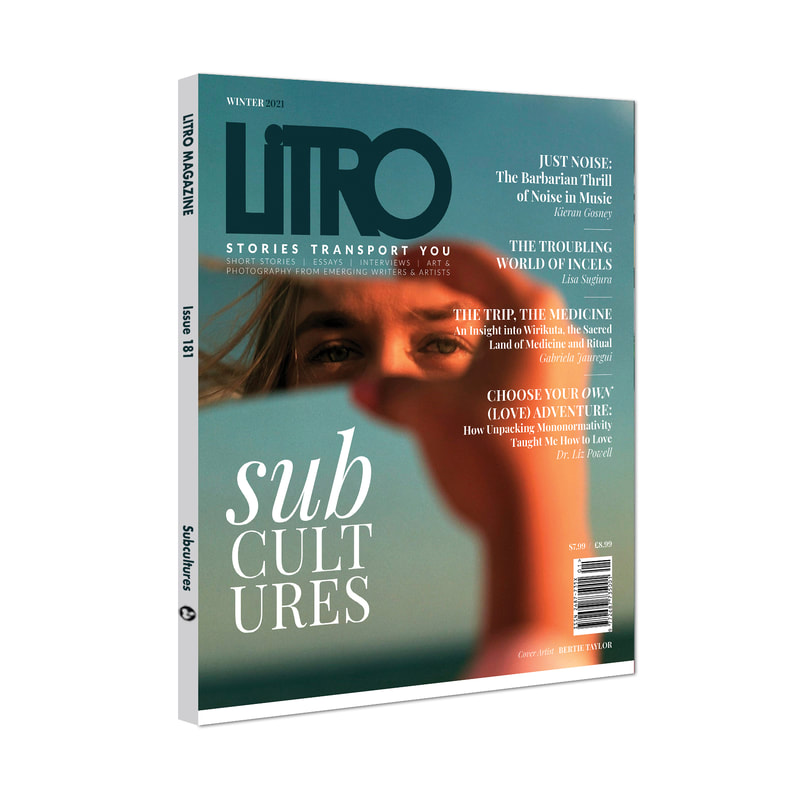
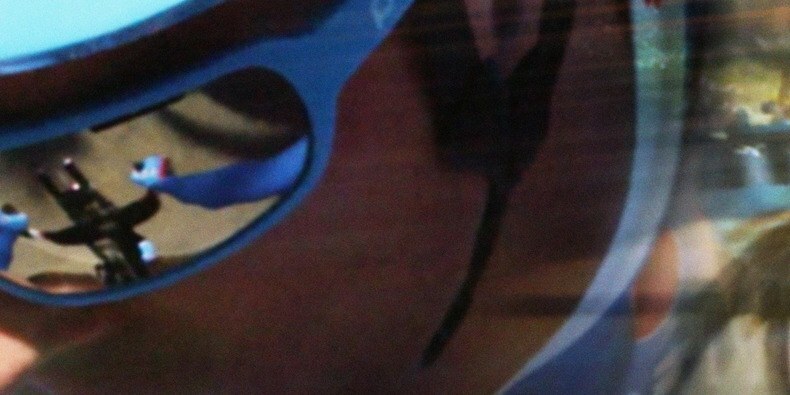
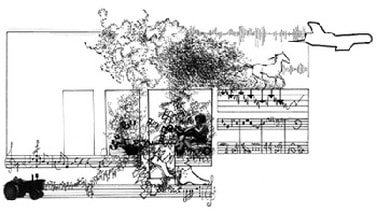
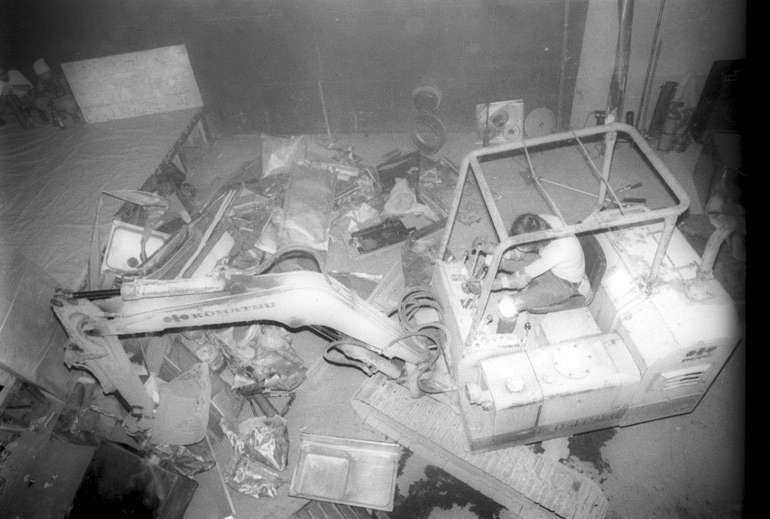
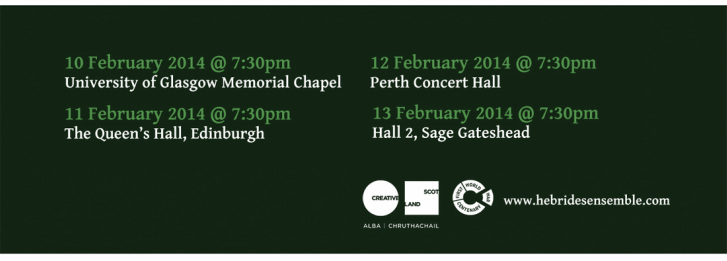
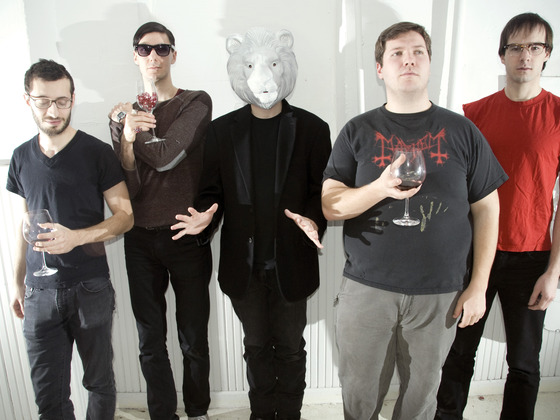
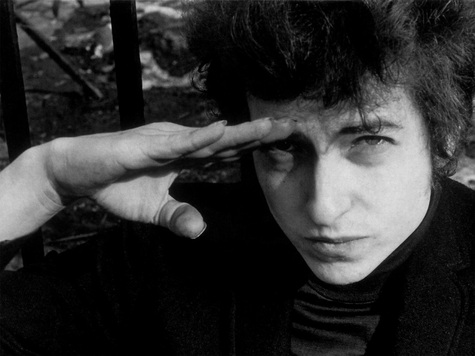
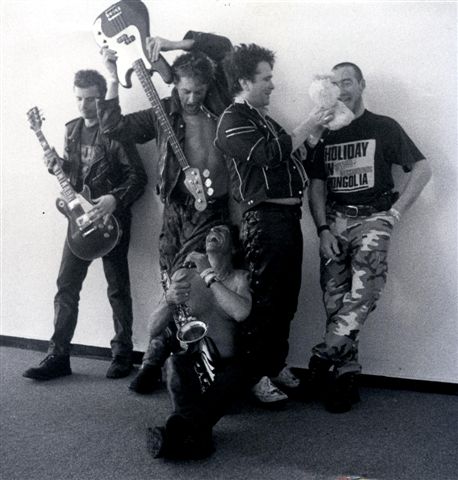
 RSS Feed
RSS Feed